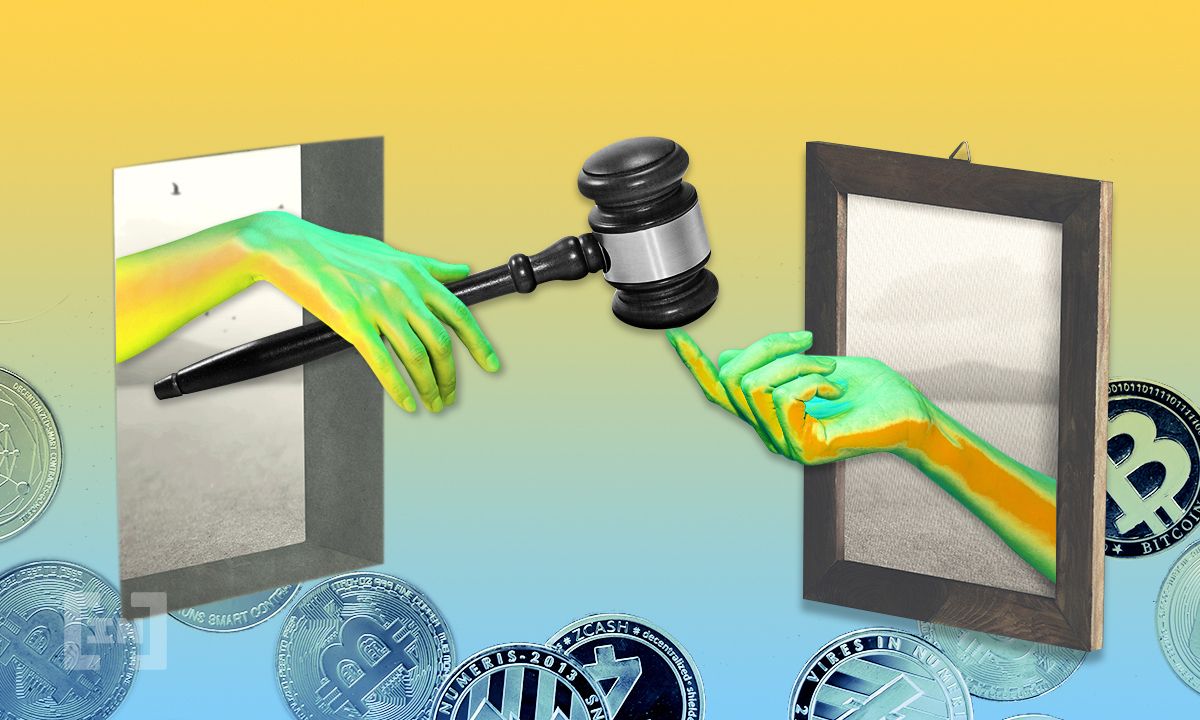Bank of Japan Governor Haruhiko Kuroda has joined the ranks of many central bankers denouncing bitcoin but admits there is potential in stablecoins.
“Most of the trading is speculative and volatility is extraordinarily high,” Kuroda said of bitcoin. “It’s barely used as a means of settlement.”
With these remarks, Kuroda joins the ranks of central bank leaders who are pigeonholing cryptocurrencies as nothing more than volatile and speculative assets. In April, Federal Reserve Chair Jerome Powell remarked that cryptocurrencies are simply vehicles for speculation. Similarly, European Central Bank Vice President Luis de Guindos said crypto investments have “weak fundamentals” and are not real assets.
Meanwhile, Bank of England Governor Andrew Bailey has made several statements on the subject this month. Bailey warned that cryptocurrencies have no intrinsic value, but acknowledged their “huge enthusiasm.” Regarding that enthusiasm, Denmark’s central bank governor Lars Rohde sees cryptocurrencies as a speculative fad. However, he sees the privatization of payment systems as “a real threat to the autonomy and independence of central banks,”
These concerns were shared by Bank of England Deputy Governor Jon Cunliffe who pointed to the “financial stability implications” of such a development. This is where stablecoins and central bank digital currencies may play a role.
Central bankers on stablecoins
Despite his antipathy towards cryptocurrencies, Kuroda made an exception for stablecoins since they have assets to back up their value. He further condoned stablecoins because they also meet legal standards and governance codes. Meeting these prerequisites, Kuroda admits they could become a convenient way to make payments in the future.
In a recent address, Fed Chairman Powell shared similar, but divergent feelings about stablecoins. Powell acknowledged that distributed ledger technology-enabled financial products and services, among them cryptocurrencies. However, he said they were too volatile to be a convenient payment method. On the other hand, because they’re tied to the value of a currency, stablecoins have the “potential to enhance payments efficiency, speed up settlement flows, and reduce end-user costs.”
Despite this positive appraisal, Powell highlighted that they still lack appropriate protection. Ultimately, the ability to utilize these advantages, while providing proper protection, would be a reason to issue a central bank digital currency (CBDC).
Disclaimer
In adherence to the Trust Project guidelines, BeInCrypto is committed to unbiased, transparent reporting. This news article aims to provide accurate, timely information. However, readers are advised to verify facts independently and consult with a professional before making any decisions based on this content. Please note that our Terms and Conditions, Privacy Policy, and Disclaimers have been updated.


